What is the appropriate way to handle Cremated Remains?
Today in the world, the practice of cremation is on the increase for faithful Catholics. This practice has been deemed an acceptable form by the faith since 1963. This is approved, provided cremation is not chosen for a reason that is “a denial of Christian dogmas, the animosity of a secret society, or hatred of the Catholic religion and the Church.” While it is an approved method, the Church still prefers a full body burial to cremation.
There are specific ways in which we are called to care for the cremated remains of our deceased loved ones, if this method is chosen. In contrast to how a funeral home handles a traditional burial, where they accompany the body from the time they pick it up to the lid being placed on the vault in the ground, or the door being closed on a crypt, with cremated remains they can simply hand the urn or similar container to the family and it leaves their care. At this point, the people who control the cremains are the family. This is where the guidance from the church comes into play.
I want to point out one reason to consider for following the guidelines the Church has set up. We are called to reverence our bodies in life and in death as they are temples of the Holy Spirit. In reverencing them both in life in death, we are also confirming our faith in the resurrection of the body on the last day, no matter the state the body is in.
We see in the cremated remains of the deceased that the appearance has significantly changed. We do need to remember the substance of the cremains does not change; it is still the body of the deceased even if it has visibly changed.
The Church teaches that cremated remains should be buried in a sacred place, such as a cemetery, preferably a Catholic Cemetery. This can also mean to inurn them in a columbarium on cemetery or church property. This allows for the proper reverence of the body, which we are taught is a temple of the Holy Spirit.
Knowing that the substance of the remains has not changed should allow us to understand that we should not separate ashes any more than we would separate off parts of the body. Similarly, in scattering the ashes we are scattering the body of the deceased.
When the church teaches we are not to comingle the cremains of two of our loved ones, it is reminding us that we would never place two bodies in the same casket.
When we consider that our bodies are temples of the Holy Spirit, we can see where doing any of the above-mentioned actions with the cremains that we would be desecrating the body of our deceased loved one. While it may not appear the same, the substance is still the body in a different form and the reverence we have for the cremains should be the same as if the deceased had not been cremated.
Going along with this reverence of the body also allows us to see that keeping the cremains at home, even if it is in a specially prepared location, does not show the reverence for the body which we are called to show. While it may seem harmless to keep the urn at home in a place of reverence, it is actually the opposite as we would not even consider keeping a full body in our home, even if we had a place of reverence for it.
We also can have a difficult time in coming to terms with the grief we are feeling at the loss of our loved one. This grief needs to be expressed by each individual in their own way, but in order for that process to begin, we need to be able to say goodbye to the body, no matter the form it is in. Keeping the cremains in the home prolongs this process for many people as they cannot come to believe that the person is gone.
In summary and as a reminder on the teaching from the Congregation of Faith for the Church, we should always treat the cremains of our loved ones with the same love and respect we would if the person had not been cremated. This means we do not separate, scatter, or comingle the cremains of our loved ones. It also means that we do not keep our loved one in our home.
The Office of Cemetery and Funeral Services has set up a program at all cemeteries which are managed by the Office to accommodate cremains from those who may not be able to afford a proper disposition of the cremains. Please contact the Office for more information on this option as it will allow you to still follow the teaching of the Church.
 Loading…
Loading…



